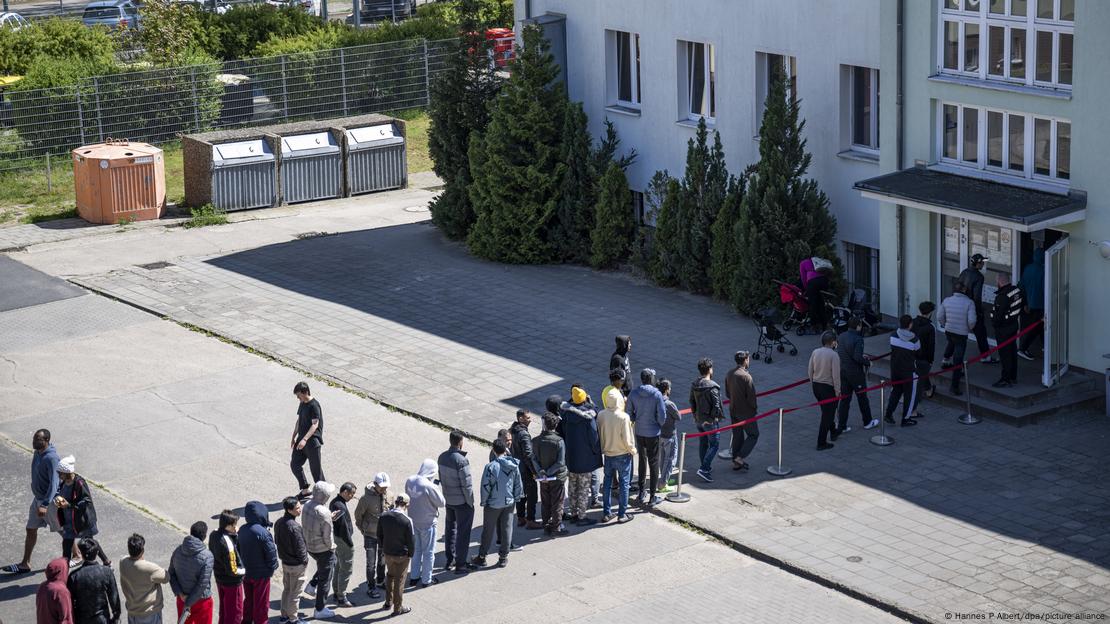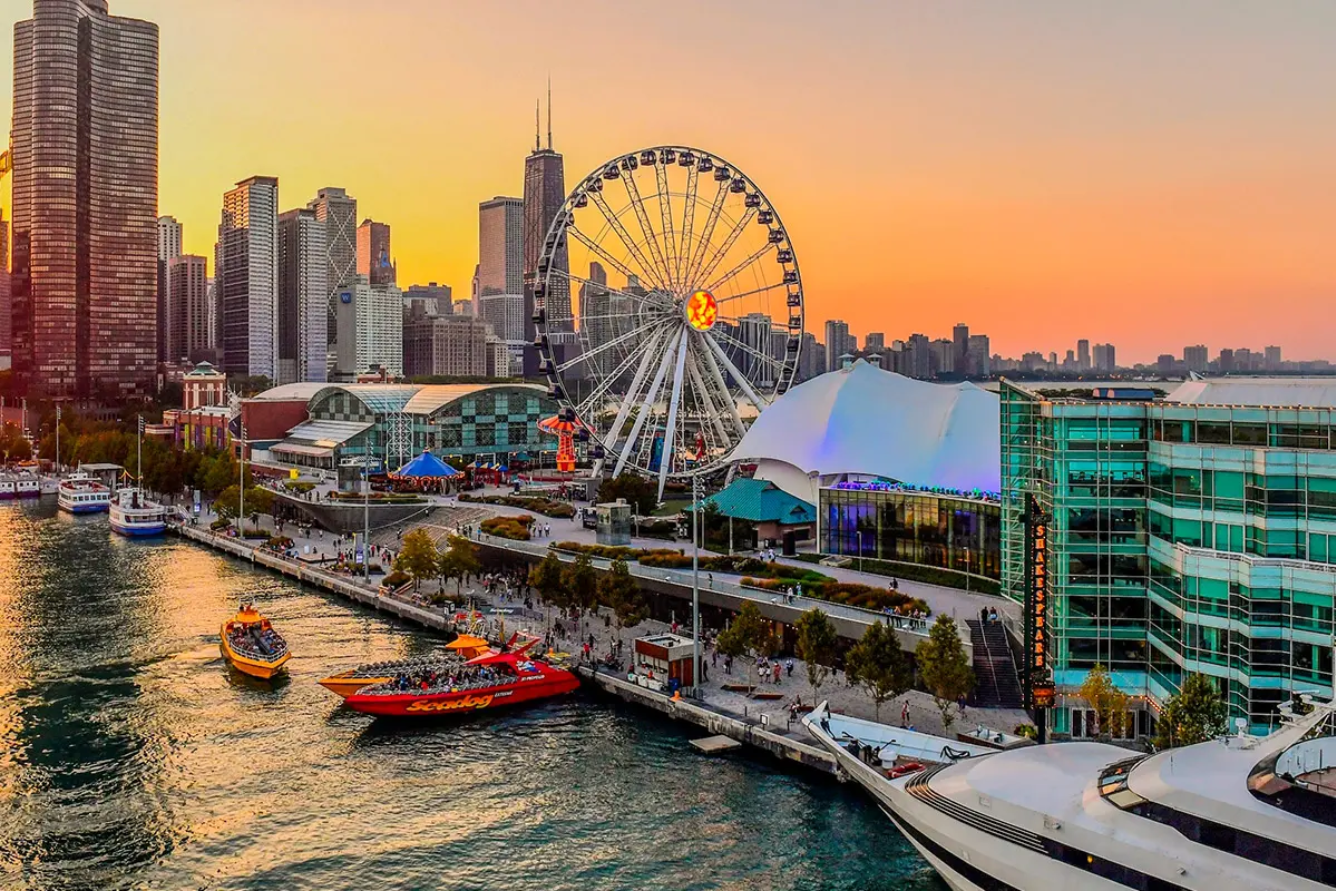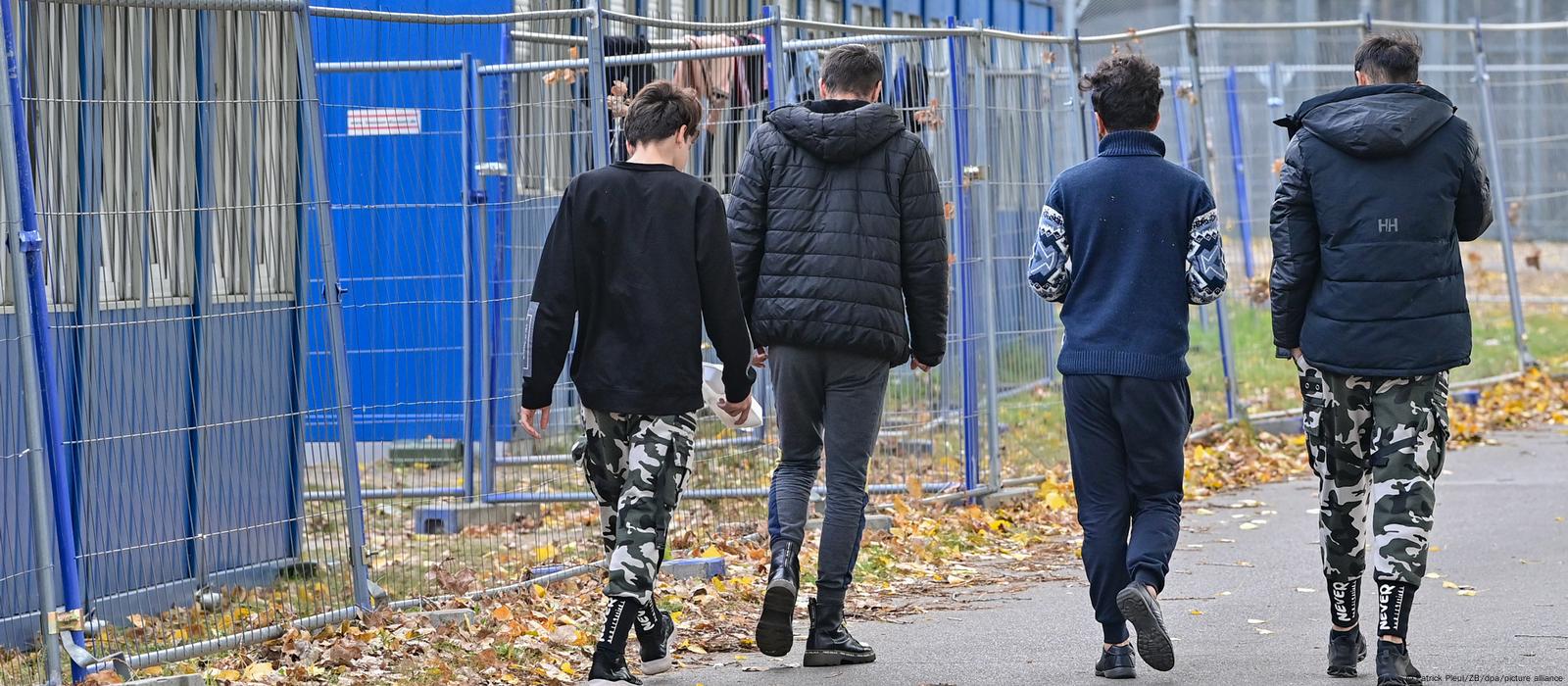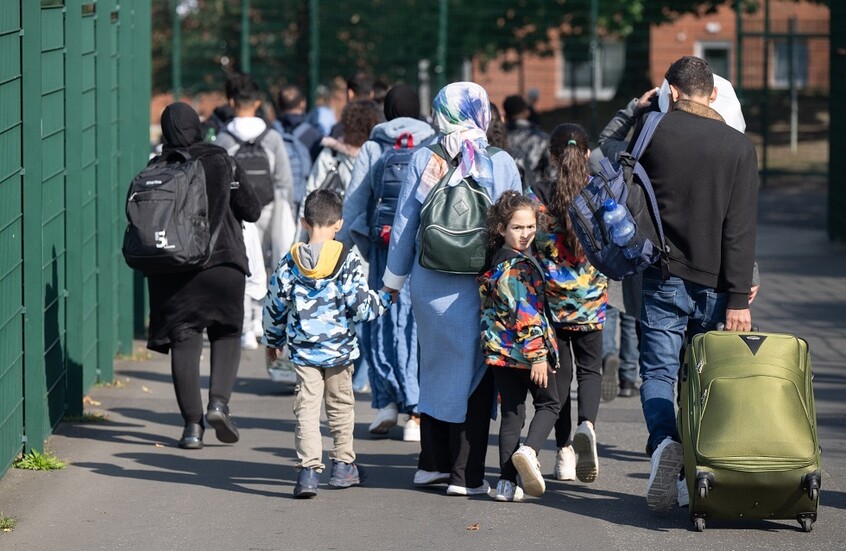According to media reports published by the German News Agency (DPA), the Federal Police have recorded fewer illegal border entries since the beginning of the year compared to the same period in 2023. The number of illegal entries has decreased by 6.6%, with 42,000 people entering the country since the start of the year, compared to 45,000 during the same period last year. Additionally, the number of smugglers reported by the police has dropped from 1,100 to 770 over the same time frame.
The reports revealed disparities in the rate of decline depending on the areas of migrant entry. It is important to note that the decline was not uniform across all regions. In fact, four federal police districts actually experienced an increase in authorized entries. Hanover, for example, saw a significant increase of 71%. Bad Bramstedt, on the other hand, witnessed a 50% increase in the percentage of illegal entries. The Koblenz region recorded a 22% increase, while Stuttgart saw a more modest increase of 17%.
The decrease was largely due to temporary border controls with Switzerland, Poland and the Czech Republic during the tournament in October, and internal patient checks are scheduled to continue until December. The Bundesliga is calling for tighter border controls in the long term, but Federal Interior Minister Faeser still refuses to do so.
Chancellor Scholz expressed the federal government’s intention to maintain border controls with neighboring countries in the future. “In general, our aim is to continue strict control of Germany’s borders. We want to reduce irregular migration, as I have announced, and the numbers must go down,” Scholz stated. At the same time, Scholz acknowledged the need to facilitate labor migration to meet labor market demands. However, he noted that many people who enter the country illegally and claim asylum cannot provide valid reasons for protection and are therefore rejected. As a result, the government has begun strengthening border controls.
The government has decided to extend tightened border controls until the end of the Olympic Games in France, following the success of similar measures during the European Football Championship. During that event, 6,401 of the 9,172 people who attempted to enter the country were turned back at the border.
The future tightening of border controls is supported by Daniel Günther, the Prime Minister of Schleswig-Holstein. Günther stated to the German News Agency, “I believe that border controls at European internal borders are an important and effective measure, particularly considering the high rates of illegal entry.” Nevertheless, it is not feasible for the Federal Police to sustain strict border controls indefinitely.
Günther called for a fair distribution of migrants among EU countries, stating, “We need a fair distribution of people at the European level and agreed-upon measures at the external borders.”
Günther also urged the federal government to consider processing asylum applications in a third country and to expedite the process as agreed at the last Prime Ministers’ Conference.





